
Caring for a Loved One with Dementia: Encouraging Medication Compliance
Caring for a loved one with dementia can be challenging. One common struggle caregivers face is ensuring their loved one takes their medications. Dementia can make understanding and remembering medications difficult. In this guide, we’ll explore effective strategies for encouraging your loved ones with dementia to take their medications, considering their unique needs.
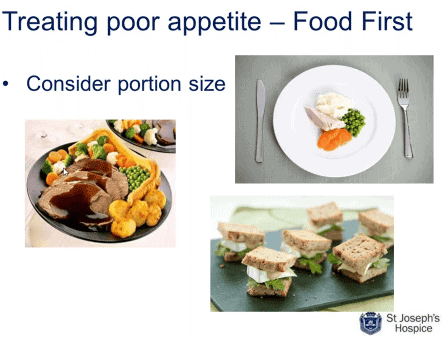
Understanding Nutrition Changes in Hospice: Nourishing Comfort and Peaceful End-of-Life Journey
Explore the natural shift in nutritional needs during hospice care. This guide offers insights into managing reduced calorie intake, ensuring comfort and dignity in the end-of-life journey.
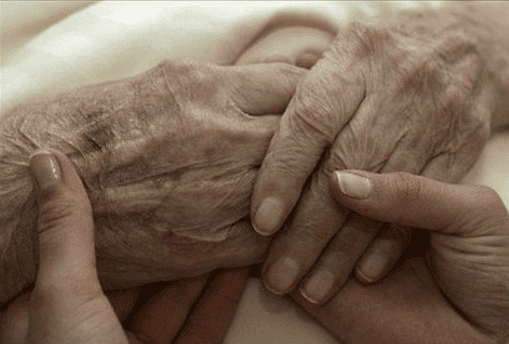
Understanding Terminal Illness: How to Recognize the Signs Using Your Senses
Facing the reality of a loved one’s terminal illness can be a challenging and emotional journey. As a hospice registered nurse case manager, I understand the importance of providing compassionate and clear information to empower patients, caregivers, and families. In this article, we’ll explore how you, as a family member, can use your own observations and senses to recognize the signs that your loved one may be in the terminal stage of their illness. Remember, while medical professionals have their tools, your observations and intuition significantly matter.

Understanding Stomach Cancer: A Guide for Families
Coping with a loved one’s stomach cancer diagnosis can feel overwhelming. As a hospice registered nurse case manager, I am here to provide you with vital information to navigate this journey. This guide is designed to equip you with knowledge, allowing you to care for your loved one with empathy and compassion, prioritizing their comfort and overall well-being.
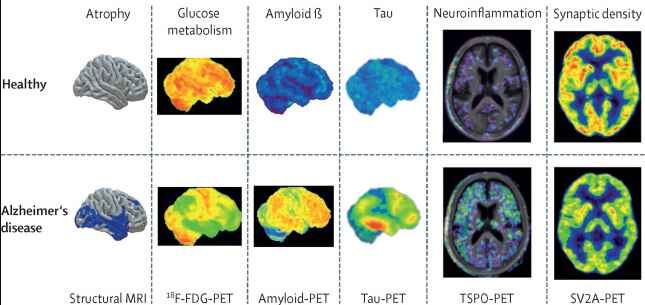
Unveiling the Truth: The Accuracy of FDG PET Scans in Dementia Diagnosis
One of the tools doctors uses is called an FDG PET scan. It’s a special kind of test that takes pictures of the brain. FDG is a type of sugar, and PET stands for Positron Emission Tomography. When someone has a PET scan, they get a tiny amount of this sugar injected into their body. Because the brain uses sugar as fuel, the scan can show which parts are working well and which parts aren’t.
This is super helpful because in people with dementia, some parts of the brain don’t use sugar the same way healthy parts do. So, the scan can show doctors these changes and help them understand what’s going on.
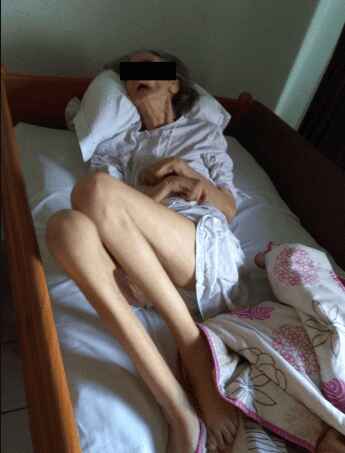
Understanding and Managing Contractures
I know that the journey you and your loved one are on can be challenging, especially when facing a terminal illness. As an experienced hospice nurse caring for terminally ill patients, I want to provide you with some valuable insights on a common issue that may arise during this time: contractures.
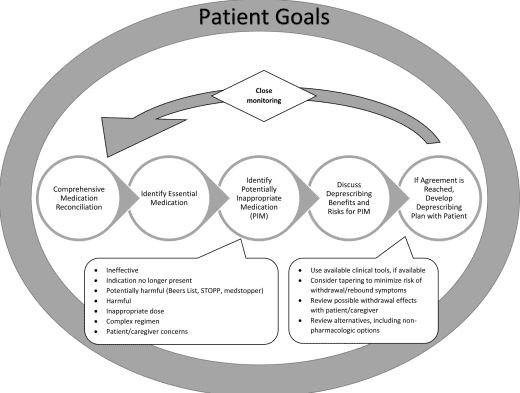
How to Use the Beers Criteria for Medication Reconciliation and Deprescribing in Hospice Care: 10 Case Studies
In this article, we will discuss how to use the Beers Criteria to identify PIMs and potential prescribing omissions (PPOs) in hospice patients. PPOs are medications that are indicated but not prescribed for a specific patient or population, or that are prescribed at a suboptimal dose or duration. We will also present 10 case studies to illustrate the medication reconciliation and deprescribing process and the outcomes of medication changes in different scenarios.

Understanding Parotid Gland Cancer: A Guide for Families
As a hospice registered nurse case manager, I understand that the journey through Parotid Gland Cancer can be challenging for both patients and their families. In this guide, I aim to provide clear and compassionate information to help you comprehend what to anticipate during the disease and how to offer the best possible care for your loved one. Remember, you are not undertaking this journey alone; I am here to offer unwavering support every step of the way.

How to Care for People with Dementia: The Importance of Patience, Compassion and Empathy
Caring for someone with dementia requires understanding and a heart full of compassion. This guide highlights the importance of patience and empathy and their profound impact on enhancing the lives of those with dementia.

Managing Shortness of Breath in Hospice Care: Non-Pharmacological Methods for Comfort
Discover effective non-pharmacological methods to manage shortness of breath in hospice care. Learn about positioning techniques, breathing exercises, and environmental adjustments that can comfort and relieve patients experiencing dyspnea, enhancing their quality of life during end-of-life care.

How to Support a Dementia Patient Who Tries to Escape from a Memory Care Facility
Elopement is when a person with dementia leaves a safe area, like their home or care facility, without supervision. This can be intentional or unintentional, and it’s important to address to ensure the safety of the patient. If your loved one is attempting to escape from a memory care facility, there are steps you can take to support both them and the facility.
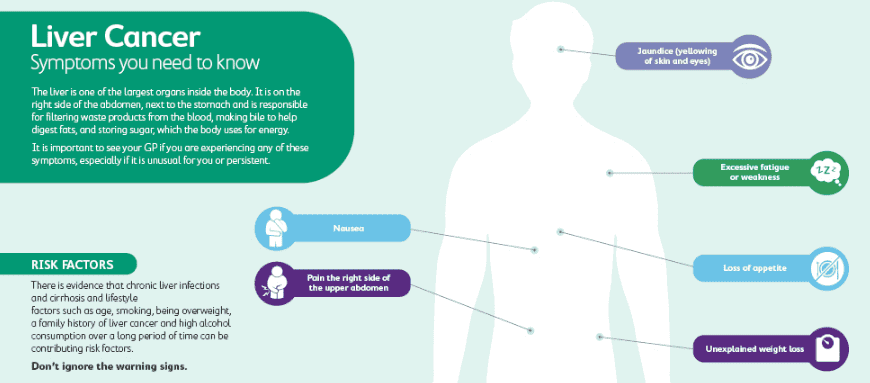
Understanding and Caring for Your Loved One with Liver Cancer
Liver cancer can significantly affect your loved one’s health and well-being. As a hospice registered nurse case manager, I’m here to help you understand what to expect during this journey and how to provide the best care possible. Remember, I’m here to offer guidance and support every step of the way.
